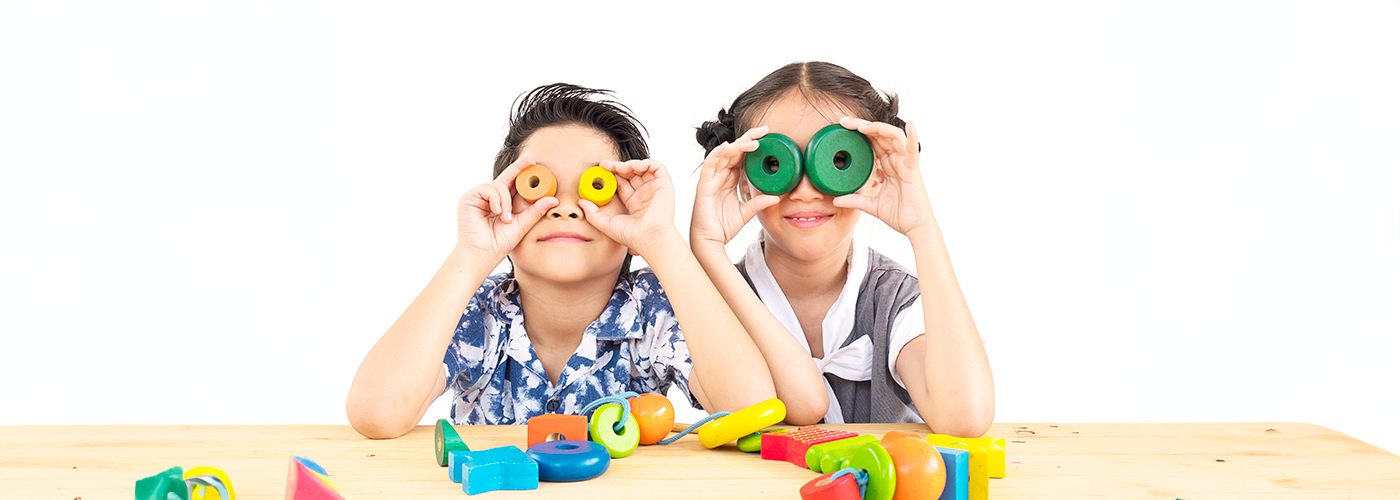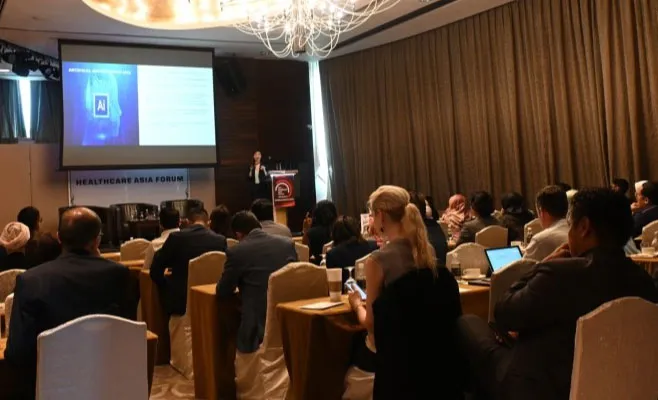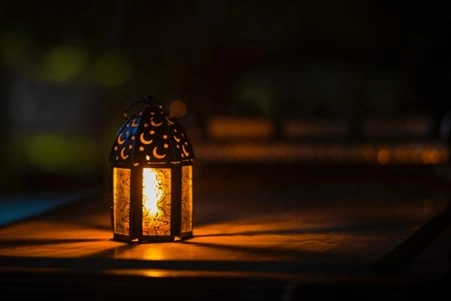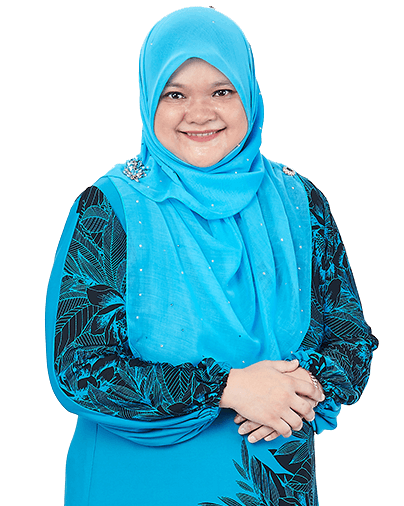This Might Interest You

Every child is unique in the way they grow and develop. As a parent, you may find yourself struggling to help your child develop healthier lifestyle habits, eat nutritious meals and ensure healthy wei...

Healthcare consultants, hospital leaders, and other industry experts came together to reflect on the rising digital adoption in healthcare, particularly in Malaysia, and emphasised the need for its ac...

The application of Artificial Intelligence (AI) in the healthcare industry is growing. There is enthusiasm that it can offer huge improvements in all areas of healthcare from diagnostics to treatment.

The prevalence of obesity and Diabetes Mellitus amongst Malaysians have continued to increase significantly. The number of patients suffering from Diabetes Mellitus is estimated at 17.5% in 2015 and i...

The month of Ramadan comes with a range of dietary and lifestyle modifications as Muslims around the world fast from dawn to dusk. These changes could impact one's immune system.

A 3D mammogram helps doctors thoroughly screen for breast cancer especially in women with dense breasts.



